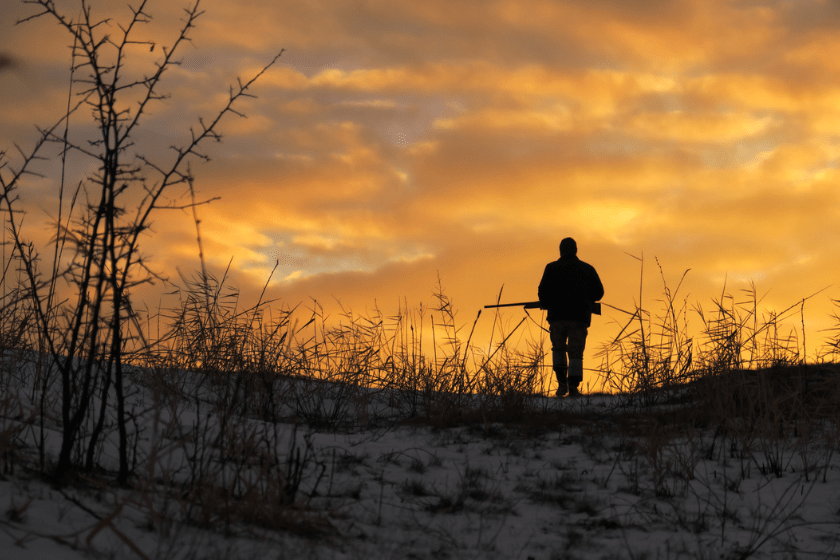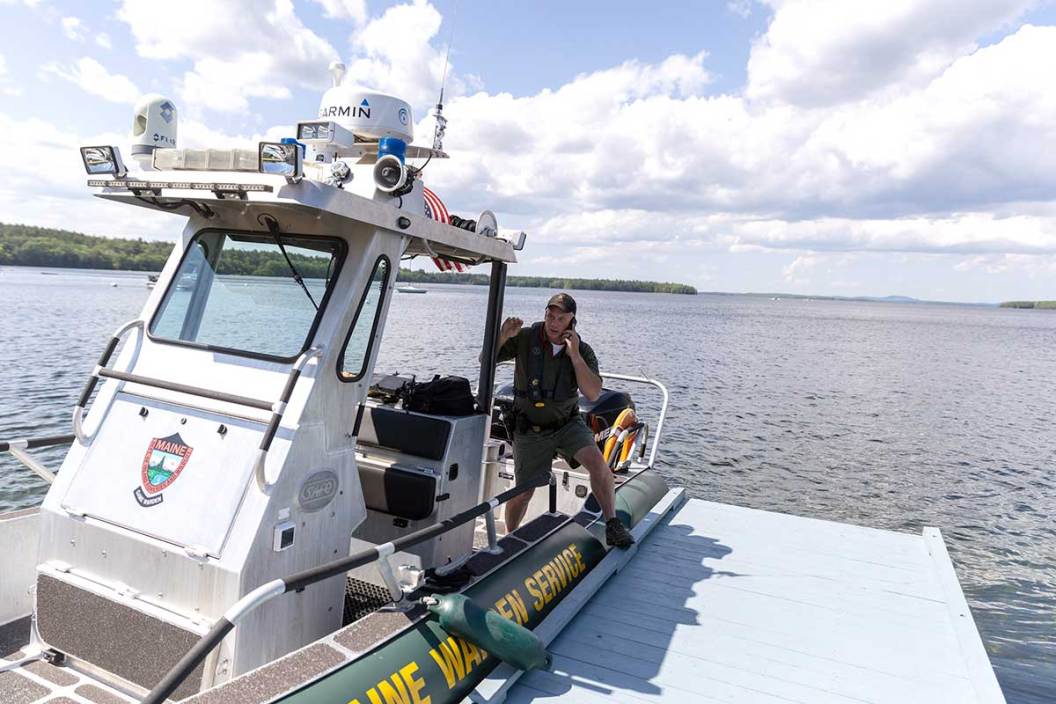As far back as the 1980s, wildlife law enforcement agencies nationwide did not have a good method for dealing with groups or individuals who violated wildlife and resource game laws outside their home state, so legislation was enacted between agencies and states to better allow game law enforcement officials to recognize and respond to those to have illegally taken from hunting and fishing resources. The Interstate Wildlife Violator Compact allows member states to treat non-resident prospective hunters who violate wildlife laws as though they were residents of that state. States are now able to identify a person who has lost the privilege to hunt, fish, or trap in one member state, which also means that they have lost that right in another.
When poaching involves managed game species, everyone loses. We all feel used when poachers try to have their own way with fish and game. The illegal take of fish or wild game is stealing, to put it bluntly. Hunting requires a lot of ethical integrity, especially during a lucky break. The fish are really biting, the flight of ducks that morning is out of control, or that big buck just walked up after you dropped the smaller one. It's always tempting to bend the rules when no one's watching, and that's why poaching is unfortunately so common.
Hunting requires self-regulation of our most base desires when it seems like we could really score big. People who violate hunting laws need to be tracked and shouldn't be allowed to tiptoe over to the next state and try it all again. That's where the Interstate Wildlife Violator Compact becomes effective.
A Brief History of the IWVC

The IWVC began back in 1985 after both Colorado and Nevada drafted a joint (interstate) agreement to begin combatting wildlife violators in their respective states. It was expanded in 1989 when the two western states were joined by the state of Oregon to form what would be the core of the compact and the beginning of an agreement that now sees 48 of the 50 states participating. Both Hawaii and Massachusetts have pending legislation that will make them members as well.
With poaching becoming more and more sophisticated, the need for increased levels of coordination and information sharing among the state's fish and wildlife agencies has become apparent. This shared information helps stop poachers in their tracks if they try to weasel their way into another state. If a poacher violates wildlife game laws in one state and has their license privileges revoked, those privileges are revoked in the other member states. Another great way that the IWVC helps prevent poachers is by reducing the number of "failure to appear" cases; non-resident violators cannot ignore a citation from a participating state without facing the same suspension of their wildlife license privileges in their home state.
In other words, the charging state may request the violator's home state to suspend hunting, fishing, or trapping privileges until the violator complies with the obligations of the citation given them in the state where they violated the law. If a game law violator is convicted of a crime, they are entered into the IWVC database.
Importance of the IWVC

The Interstate Wildlife Violators Compact reduces poaching by keeping an eye on the law breakers from state to state. It won't be long until all 50 states in the union will likely become part of the compact, and with reciprocal recognition of license suspensions, violators won't have a leg left to stand on.
This in turn gives conservation law enforcement officers more time for normal enforcement duties, rather than get bogged down by the many violator processing procedures that are required for arresting, booking and bonding of a non-resident transgressor. With reciprocal recognition between member states, violation of wildlife laws are much less likely to endanger the safety of wildlife populations.
Because the IWVC does not negatively impact state sovereignty, states can share information with each other about open and pending cases and even prior violations. With the time needed for officers to patrol, do diligent surveillance, and apprehend wildlife violators, the IWVC allows for less of a burden on courts and jail facilities by decreasing caseloads.
In the end, we all want to know that our outdoor passions to hunt and fish aren't being taken advantage of by those who feel that everything belongs to them without having a price to pay for it.
Please check out my book "The Hunter's Way" from HarperCollins. Be sure to follow my webpage, or on Facebook and YouTube.




